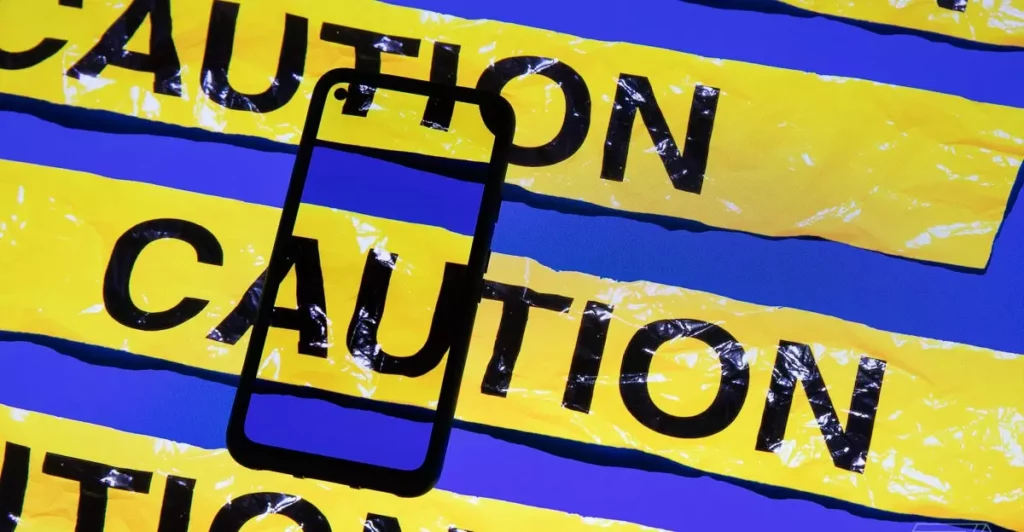In a landscape where digital communication underpins both governmental operations and private business dealings, the recent TeleMessage breach serves as a harrowing case study in the fragility of trust. An Israeli company floundering to secure its messaging services, TeleMessage has inadvertently bestowed upon us a glaring and uncomfortable truth: the architecture that supports our communications is more vulnerable than we dare to believe. It’s not just a mere inconvenience; this breach exposes the cracks in the very system that characterizes modern governance and data integrity.
This breach has unearthed disturbing depths of sensitive material, including communications shared among government officials. The immediate impact is palpable, but the long-term ramifications could be devastating. The revelation that TeleMessage’s lack of end-to-end encryption led to this catastrophic exposure pushes the boundaries of negligence, raising the question of whether this company’s communication tools were ever adequate for sensitive governmental correspondence.
A Wake-Up Call for Cybersecurity Protocols
It’s worth arguing that TeleMessage mirrors a broader trend among corporations that serve government functions. The alarming insights surrounding this breach illuminate not only the failings of one company but the pervasive issues that resonate across the spectrum of vendors interacting with governmental entities. Without stringent cybersecurity measures in place, governmental agencies are effectively gambling with national security.
As the narrative unfolds, we find that the breach encapsulates the systemic vulnerability inherent in agencies relying on platforms deemed ‘secure.’ When sensitive details from agencies like Customs and Border Protection coexist uncomfortably with private sector information from firms like Coinbase, it poses a dual threat—risking financial mishaps while also compromising operational integrity. Such an intermingling of data speaks to a reckless disregard for the sanctity of communication, pointing towards deeper malaise in data governance standards.
The Complete Contradiction of Security Assumptions
One could argue that government officials, including high-ranking figures like former National Security Advisor Mike Waltz, are the casualties of a communication landscape riddled with complacency. A mishap where he mistakenly looped a journalist into a confidential discussion underscores a reality where even elite officials succumb to these flawed platforms. The terrible irony lies in the belief that specialized services designed for secure communications inevitably ensure safety, when, in reality, they can mislead—transforming confidence into vulnerability.
In the wake of such revelations, the questions begin to mount. How much longer can we potentially operate under an illusion of security provided by companies that fail to adopt industry-standard encryption protocols? If the very platforms that claim to safeguard our communications can be infiltrated without much resistance, what hope is left for average citizens who might inadvertently rely on them for non-sensitive dialogues?
The Pressing Need for Accountability and Transparency
TeleMessage’s attempts to erase incriminating information from its digital footprint is not just a sign of a company under fire; it raises an urgent red flag about accountability in corporate governance. When a company is caught with its pants down, obscuring its vulnerabilities does nothing to resolve the crises it faces. Instead, it further exacerbates suspicion and furthers the narrative that the security of our communications is a secondary priority—a mere afterthought.
As stakeholders—including government officials, private contractors, and everyday users—assess this breach, there is a pressing need for action. Demand for robust cybersecurity protocols must grow louder, not just from the public but also from governing bodies that oversee this conversation. The onus falls upon these entities to ensure greater transparency from service providers, especially those touching upon matters of public trust and security.
In an evolving technological landscape fraught with myriad cyber threats, the time for complacency has long passed. The TeleMessage incident is a clarion call not just for improvement but for immediate vigilance. Individual privacy is at stake, but more importantly, so is the very fabric of our nation’s security. The lessons learned here must serve as a catalyst for meaningful change across multiple sectors.









Leave a Reply